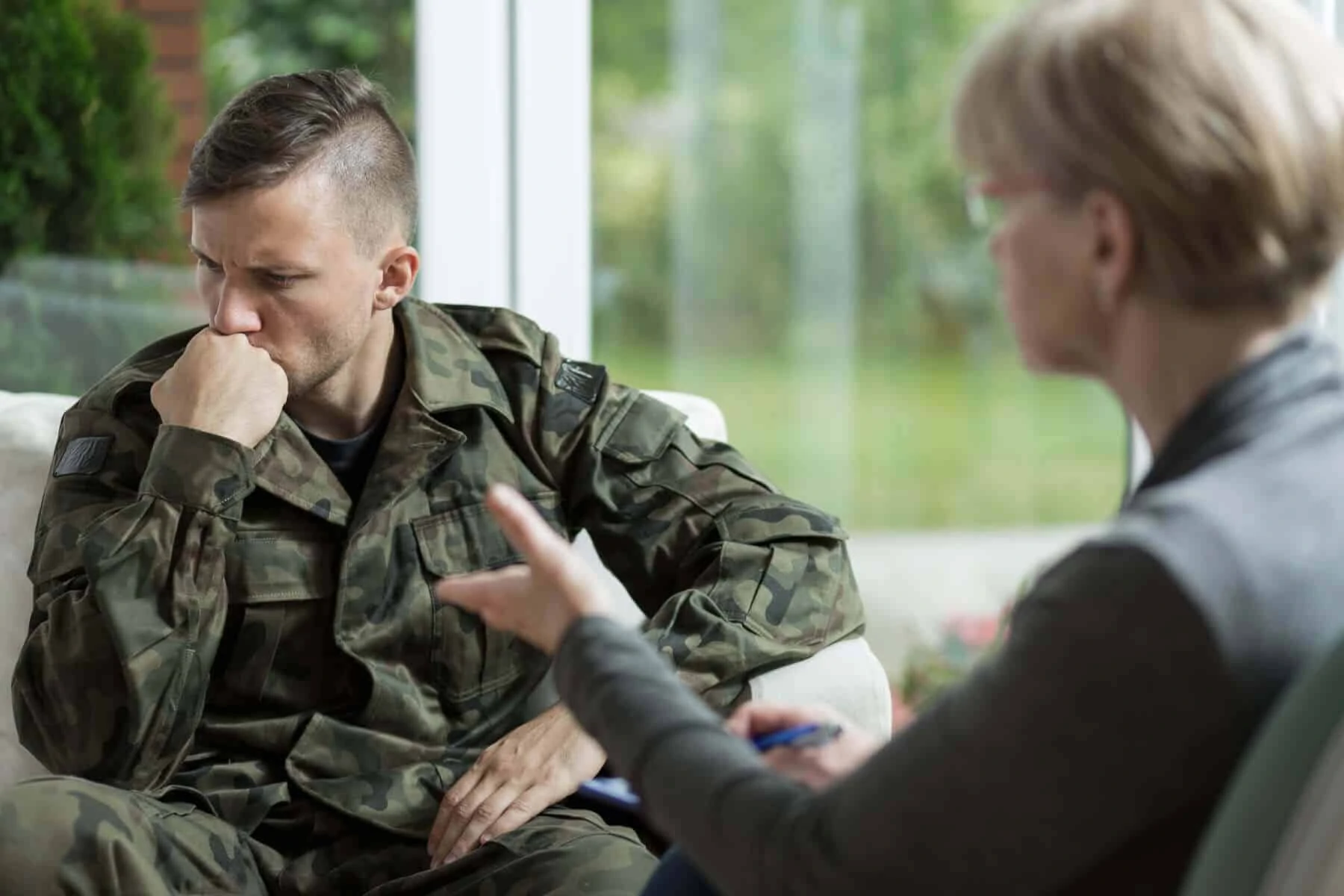
Veteran Suicide Prevention
 Jay Wylie, a Veteran-in-recovery and also our Operations Manager is available to help any Veteran or Veteran's family facing a mental health crisis. Call us now at (619) 452–1200.
Jay Wylie, a Veteran-in-recovery and also our Operations Manager is available to help any Veteran or Veteran's family facing a mental health crisis. Call us now at (619) 452–1200.
Don't Wait - Take Action Now
If you’re a Veteran in a mental health crisis and you’re thinking about hurting yourself (or you know a Veteran who’s considering this), get help right away. You’re not alone.
Who Can I Talk to Right Now?
How Can I Get Ongoing Support?
You can get ongoing support through your local VA health care facility or regional office:
- Specially trained suicide prevention coordinators—available in each VA medical center across the country—can help you get the counseling and services you need.
- Vet Centers can help you—and your family—readjust to life at home after you’ve returned from serving in a combat zone.
- Veterans Benefits Administration offices can help you access benefits for disability compensation (monthly payments), job training, home loans, and more.
Information for Family and Friends
What are the signs that someone may be considering suicide?
Many Veterans don’t show any signs of an urge to harm themselves before doing so. But some may show signs of depression, anxiety, low self-esteem, or hopelessness, like:
- Seeming sad, depressed, anxious, or agitated most of the time
- Sleeping either all the time or not much at all
- Not caring about what they look like or what happens to them
- Pulling away from friends, family, and society
- Losing interest in hobbies, work, school, or other things they used to care about
- Expressing feelings of excessive guilt or shame, failure, lack of purpose in life, or being trapped
They may also change the way they act, and start to:
- Perform poorly at work
- Act violently or take risks (like driving fast or running red lights)
- Do things to prepare for a suicide (like giving away special personal items, making a will, or seeking access to guns or pills)
I want to help a Veteran Adjust to Life at Home
There's help available for that.
If you’re a family member or friend of a Veteran who’s having trouble adjusting to life at home, the VA can help.
To speak with a VA coach, call 888-823-7458, Monday through Friday, 8:00 a.m. to 8:00 p.m. ET.
Confidential Recovery Cares
Jay Wylie, a Veteran-in-recovery and also our program manager is available to help any Veteran or Veteran's family facing a mental health crisis. Call us now at (619) 452–1200.
Categories
veterans
